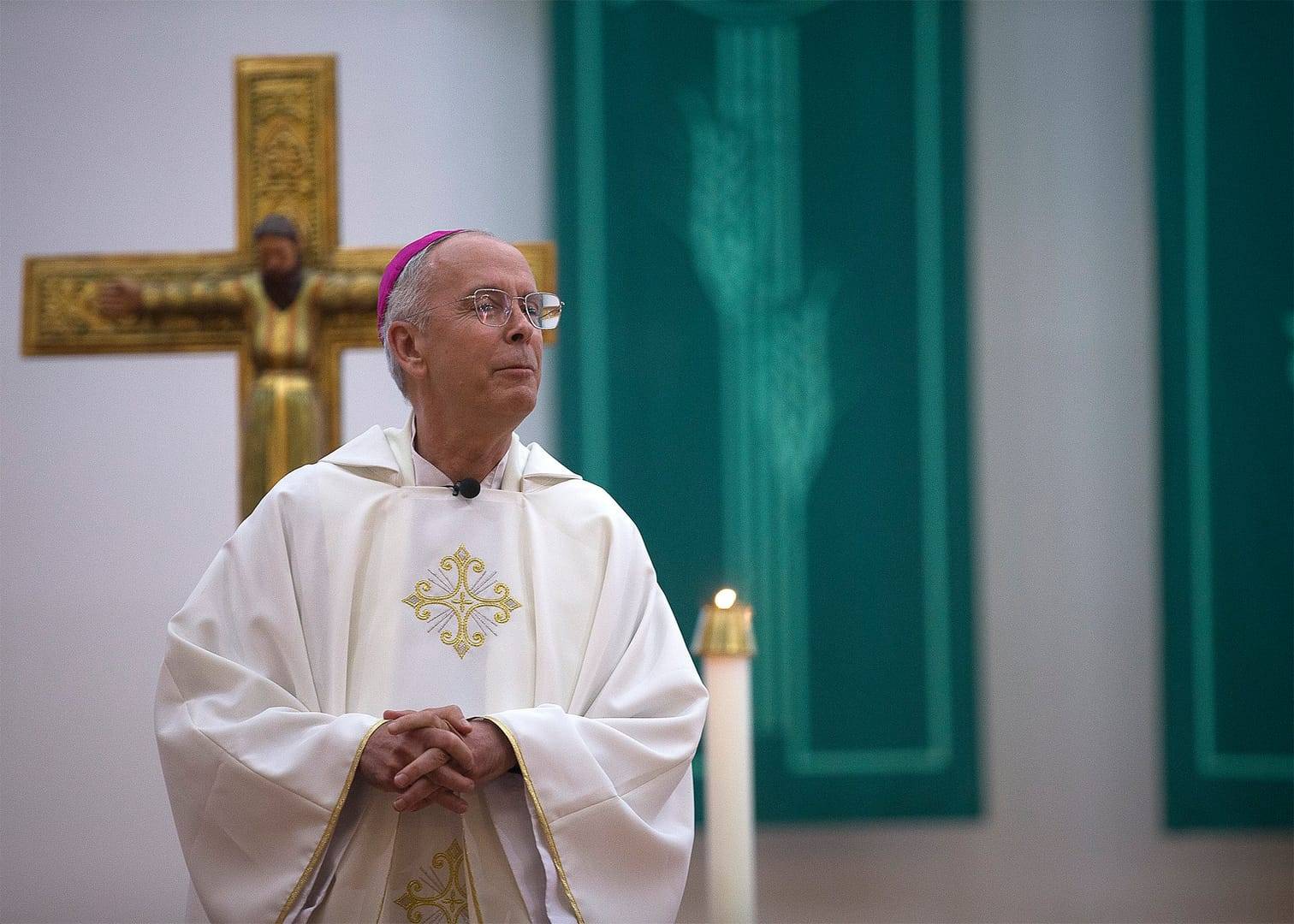JAKARTA, Indonesia — An Indonesian archbishop in Christian-majority Papua province says he was twice targeted this year by Islamic militants who planned to meet with him and blow themselves up.
Archbishop Petrus Canisius Mandagi of Merauke, Indonesia, said the militants planned to kill him at his residence and also at the Cathedral of St. Francis Xavier in the country’s easternmost city, ucanews.com reported.
He said police told him about the assassination attempts after questioning a suspect arrested with 10 others during raids in southern Papua May 28.
Mandagi said the first attempt was Jan. 1 when he arrived in Merauke after being appointed archbishop.
“A terrorist was waiting for me at the bishop’s house, but he only spoke to the archbishop’s secretary. He had a backpack full of explosives and was pretending to look for a boarding house,” the archbishop said.
The plot failed, he explained, because he was away for the day visiting a village on an official engagement.
The second attempt was supposed to be at Sunday Mass May 30 at the cathedral, but that failed because the archbishop was again out of town.
“God is greater than the evil power possessing the terrorists,” Mandagi said. “God defends and protects us. But we must always be alert and careful.”
The archbishop thanked police for warning him of the threats and called on them to remain vigilant to prevent any atrocities taking place.
Untung Sangaji, Merauke police chief, confirmed that the plots against the archbishop were real, adding it was pure luck that the church leader was out of town on both occasions.
He said the militants were linked to the Islamic State-affiliated group Jamaah Ansarut Daulah, which has been blamed for a Palm Sunday suicide bombing outside of Sacred Heart of Jesus Cathedral in Makassar, the capital of South Sulawesi province. The explosion wounded at least 14 people, police said.
Indonesia is the world’s most populous Muslim nation. Authorities have carried out a sustained crackdown on Islamic militants in recent years, citing the emergence of Islamic State-inspired militants who have targeted security forces and local “infidels” instead of Westerners, the Associated Press reported.

















